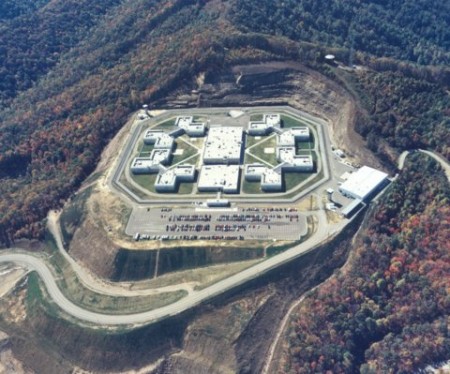
Once upon a time, prisoners used spoons stolen at lunch to dig their way to freedom. Today’s prisoners seem to have found more comfortable methods. They prefer private helicopters to fly elegantly to freedom, as did one of Belgium’s most dangerous criminals, Ashraf Sekkaki, together with two other inmates. Apparently the aircraft was in the prison courtyard for five minutes without even encountering a guard.
Since the procedure was not as cheap as old-school methods, the trio was probably in dire need of money: Only a week after their escape, the three were suspected of having robbed a bank, a gas station and two storage facilities – all within two hours.
Their helicopter escape was not an original idea though. It seems to be a general trend in Europe, with 14 cases in the last eight years, mostly in Belgium, France and Greece. The three Belgian fugitives add to 36 others in their country alone – since the beginning of this year.
European prison services blame not only lax controls at tourist chopper rentals, but also their lack of funding at correctional facilities. There’s not even enough money to erect simple iron cables to stop choppers from landing.
Policymakers could be tempted to look across the Atlantic for money-saving, and even profit-making, solutions. With more than 2 million prisoners (more than 1 percent of the adult population) the US has found a way to create a recession-proof multimillion dollar industry out of incarcerations.
Reuters last week reported that the share price of Corrections Corporation of America has more than doubled since March. The company, which provides about half of America’s private ‘corrections solutions’ (or prisons, as they were once called) and has 77,000 beds on offer, cuts a profit of about $22 per inmate per day. Incoming CEO Damon Hininger says he would “love the opportunity” to take some of the 40,000 prisoners that must be transferred from overcrowded California prisons.
In other cases, the industry has taken a more direct approach to increasing its client base:
The Guardian reported that “[T]wo judges in Pennsylvania were convicted of jailing some 2,000 children in exchange for bribes from private prison companies.” Some of the offenses were “so trivial that some of them weren’t even crimes.”
With such worrying prospects, I hope that Belgian prison services will find other ways to deal with their lack of funding.
